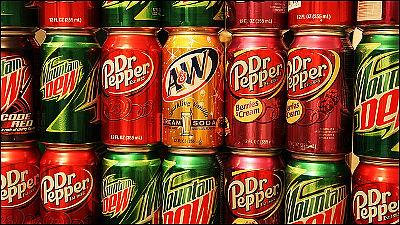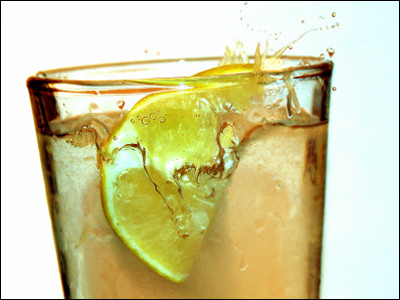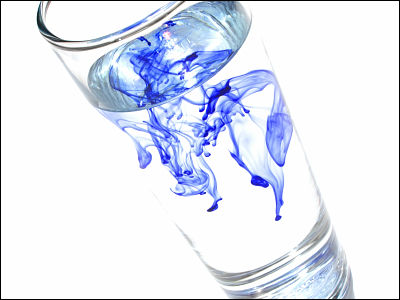Research results that 'soda tax' taxing sugar-containing beverages has little effect

Obesity is considered a problem in many countries around the world, and an attempt has been made to
IJERPH | Free Full-Text | Sugar-Sweetened and Diet Beverage Consumption in Philadelphia One Year after the Beverage Tax
https://www.mdpi.com/1660-4601/17/4/1336
One Year Into 'Soda Tax,' Drexel Researchers Find Law Did Not Affect Consumption of Sweetened Beverages | Now | Drexel University
https://drexel.edu/now/archive/2020/February/Soda-Tax-and-Beverage-Consumption/
The research team conducted a telephone survey of 515 adults living in Philadelphia, a city where soda tax is enforced, and Camden, Trenton, New Jersey, and Wilmington, Delaware, where control is not available. Subjects drank soda, fruit drinks, energy drinks, and mineral water for one month in December 2016, when the soda tax was imminent, and in January 2017, when the soda tax was imposed. A questionnaire was taken every month to see if they were out.
The survey found that 39% of the respondents in the city of Philadelphia said that 34% of the respondents outside the city of Philadelphia began to refrain from drinking sugared beverages. However, when we compiled a questionnaire survey on the frequency and volume of drinks actually consumed, the frequency of drinking in Philadelphia City decreased three times per month compared to subjects outside the city, and the amount of drinking in January The result was a reduction of 51.65 ounces (about 1.5 liters). Based on this result, the research team stated that it was 'not a statistically significant difference' and concluded that 'soda tax has no significant effect on actual consumption.'
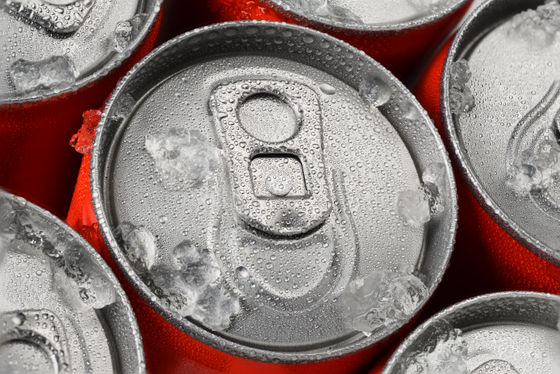
There are several previous studies on soda tax.
In addition, a 2019 Cornell University study found that adults in Philadelphia had less than 10 drinks per month of sugar drinks per month after soda tax enforcement compared to other cities. 'The results are limited to adults who live with children and who have a habit of drinking sugared beverages daily.' He explained that the results of the study were close to reality because the subjects were randomly selected.
'There is good evidence that sugar drinks are involved in type 2 diabetes, obesity, neovascular disease, and other health problems,' said Dr. Amy Auchincloss, co-author of the paper. It turns out that raising the price of beverages with sugar doesn't work for ordinary people who don't drink sugar-rich beverages on a regular basis. ' According to lead author Yichen Zhong, 'There is no soda tax in the city next to Philadelphia, so consumers can easily get sugar-free beverages that are free of soda tax if they are concerned. That could be the reason that soda tax hasn't affected consumers' drinking habits so much. '' I said.
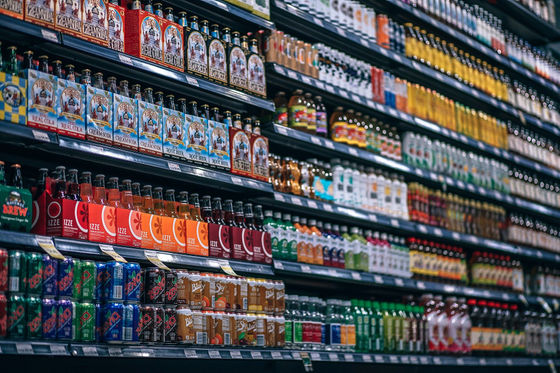
Unlike other cities that have enacted soda taxes to increase tax revenues, Philadelphia has enacted soda taxes to fund kindergartens, parks and recreational programs that are open to all children in the city. There is a background.
Regarding this background, Professor Brent Langellier, who led the study, said, 'When the bill was passed, the goal of 'improving the health of citizens' was not taken into account. That's good for the health of citizens because the soda tax in Philadelphia is also used to fund poor families by going to kindergarten. You get good health results. '
Related Posts:
in Food, Posted by darkhorse_log

